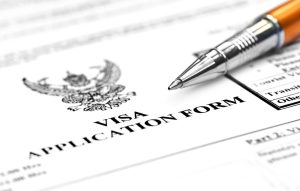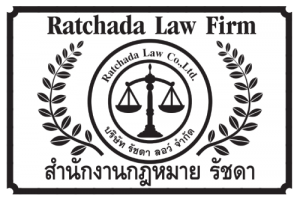
To Establish a Branch Office in Thailand
Establishing a branch office in Thailand can be more complex, costly, and timely when compared to incorporating a private limited company. However, the advantage of a branch office is that it can be 100 percent foreign-owned.



